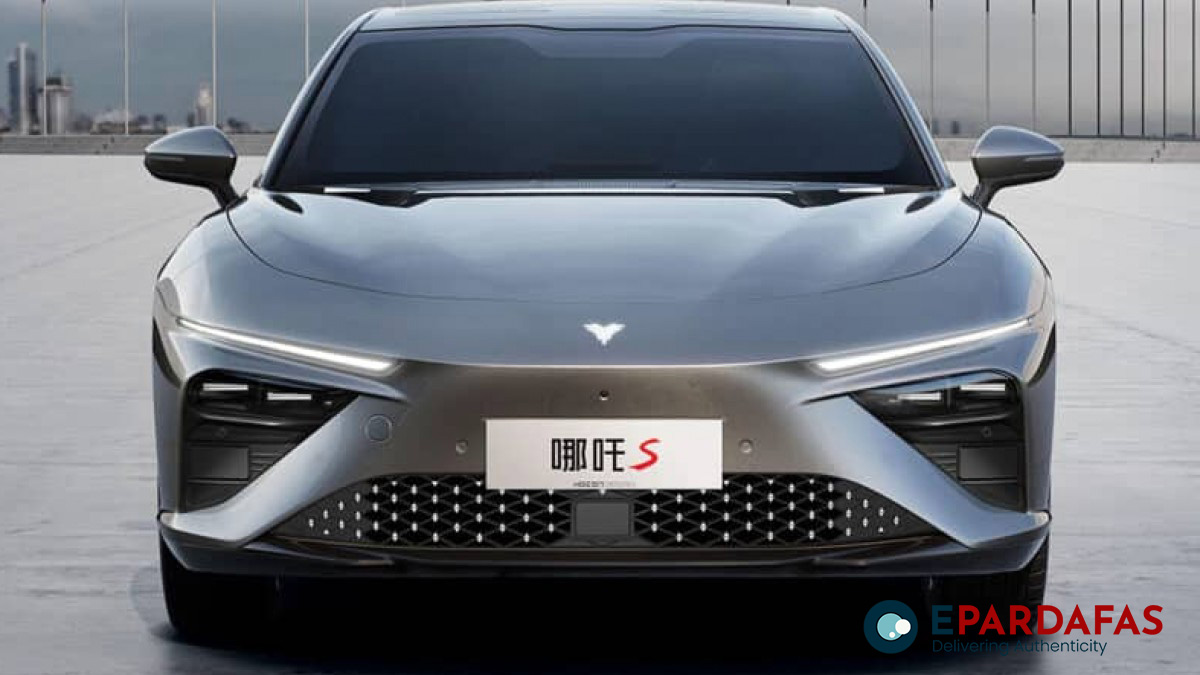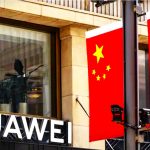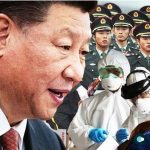
Neta Auto Ramps Up Overseas Expansion Amid Intense Domestic Competition and Rising Trade Barriers
Chinese electric vehicle (EV) maker Neta Auto is accelerating its international expansion as fierce competition in the domestic market and escalating global trade barriers leave the company uncertain about its long-term survival.
Chairman Fang Yunzhou, in a candid interview with Nikkei Asia, admitted that the company’s future remains uncertain. “I’m not saying or boasting now that Neta Auto will definitely survive in three to five years,” Fang said, acknowledging the harsh realities of the EV sector. However, he reaffirmed his commitment to technological innovation, customer service, and product safety as the company’s core pillars for growth.
Challenges in the Chinese EV Sector
The Chinese EV market is facing a major shake-up, with analysts predicting that many companies may not survive. U.S. consultancy Alixpartners estimated that out of the 137 EV companies operating in China in 2023, only 19 are expected to be profitable by 2030. Industry executives have issued even starker warnings: Chery Automobile Chairman Yin Tongyue and Huawei CEO Yu Chengdong have both projected that only about five Chinese EV brands will remain viable in the near future.
Currently, only a few Chinese EV makers, such as BYD and Li Auto, are profitable, leaving many others, including Neta, struggling to compete.
Focusing on Niche Markets
Despite the grim forecasts, Fang remains optimistic about opportunities in niche markets, stating that there will be “increasingly high demand for niche markets” that no single company can monopolize. He also emphasized that success or failure in one phase does not determine the outcome in future phases.
Neta Auto, founded in 2014 as Hozon New Energy Automobile, has attracted investments from high-profile companies such as Qihoo 360, CATL, and several state-backed institutions. The company applied for an initial public offering (IPO) on the Hong Kong Stock Exchange in June, though the progress of the listing remains mixed, according to Fang.
International Expansion Strategy
Last week, Neta delivered its first batch of vehicles to Hong Kong, marking a significant step in its overseas push. The company hosted a ceremony on September 22 to celebrate the milestone. Fang emphasized that while Neta has plans to enter the U.S. and European markets, the focus for now is on Southeast Asia, South America, the Middle East, and Africa.
Neta has already established manufacturing partnerships in Thailand, Indonesia, and Malaysia, where it supplies production lines and equipment to local contractors. While the Thai and Indonesian facilities are operational, the Malaysian plant is set to come online early next year. Additionally, Neta recently opened a subsidiary and flagship store in Brazil and is exploring dealership opportunities in Egypt and Ethiopia.
Challenges from Trade Barriers and Competition
Neta’s global ambitions face significant challenges, particularly from rising trade barriers. The U.S., European Union, and Canada have all increased tariffs on Chinese-made EVs, citing concerns about state subsidies from Beijing. The U.S. has also considered banning Chinese software and hardware in connected vehicles due to security concerns.
Despite these obstacles, Fang remains confident about the company’s international expansion plans. Neta has already developed products for Europe and is working on models for the U.S., expected to be ready by June next year. Fang also revealed that the development of these products began before the recent tariff hikes, and the company will collaborate with local partners when the timing is right.
Domestic Struggles Amid a Price War
Neta’s success abroad may prove crucial as it struggles at home. In the first eight months of this year, the company sold 75,790 vehicles, including 20,000 exports. However, this figure leaves Neta far from its annual sales target of 200,000 units domestically and 100,000 internationally. Sales have declined for six consecutive months since February.
The domestic EV market has been embroiled in a price war, with discounts driving heavy losses for car dealers. In August, the average discount rate in the new vehicle market reached 17.4%, contributing to a cumulative retail loss of 138 billion yuan ($19.6 billion) in the first eight months of 2023, according to the China Automobile Dealers Association. The association has called on the government to provide financial support as dealers struggle to stay afloat.
Despite the challenges, Neta Auto remains committed to its long-term vision, with a strong focus on expanding into global markets as it navigates the complex landscape of the EV industry.
- NEA Faces Financial Crisis as Bank Accounts Frozen Over Arbitration Dispute
- UN Working Group Condemns Bhutan for Arbitrary Detention and Human Rights Violations
- Foreign Minister Rana Holds Talks with Indian Counterpart S. Jaishankar
- Madhesh Province Declines Participation in SEE Over Unaddressed Concerns













Comments